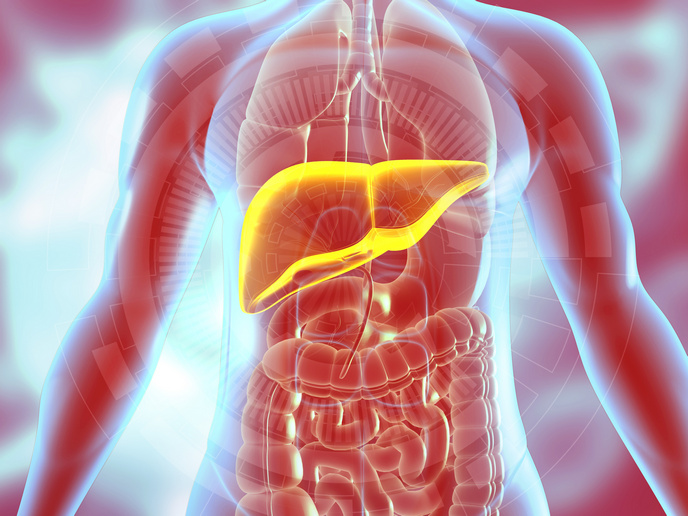Diabetes: Boosting hormone production could be as good as surgery
Gastric bypass surgery, which involves constructing a thoroughfare from the oesophagus (where it enters the stomach) to the small intestine, results in massive weight loss and diabetes remission. In the United States, about 250 000 operations are performed each year. In Europe the frequency varies from 1 to 9 in 10 000 people, because of different public attitudes to this kind of therapy in the different countries. It is most frequent in Sweden and France. “Data show the operation is associated with 25-30 % weight loss and excitingly, if diabetes is present, remission in 80 % of cases during the first several postoperative years,” says Jens Holst, professor of Medical Physiology at the University of Copenhagen, and coordinator of the BYPASSWITHOUTSURGERY project. Holst, whose project was supported by the European Research Council, believes there are mechanisms within the body that can cure diabetes and obesity. “Revealing the nature of these mechanisms could lead to new, cost-efficient, similarly effective, non-invasive treatments of these conditions,” he explains, adding: “In my opinion, it is likely that these new agents will outcompete surgery as a treatment of obesity and diabetes.”
A better understanding of the role of GLP-1
The project’s results show that the weight loss following surgery is due to appetite regulation and a subsequent reduction in food consumed. Following surgery, nutrients reach a certain part of the small intestine where they stimulate L-cells, a type of endocrine cell. “The L-cells then produce two hormones that are powerful appetite inhibitors,” explains Holst. One, called GLP-1, also stimulates insulin secretion and so helps normalise blood glucose levels. So, is there a way to boost the secretion of these hormones without resorting to surgery? To answer this question the project used the perfused small intestine preparation they have created. In the laboratory, Holst and his colleagues surgically prepared a segment of the intestine so that it is completely isolated from the donor animal (rats, mice), and keep it alive with artificial solutions. It maintains virtually all of the functions it had before the operation, including the secretion of the gut hormones. This preparation allowed the team to map most of the mechanisms involved in the responses to nutrients as observed in the patients after bypass surgery. “We can explain the hypersecretion in molecular detail and have been able to identify the nutrients which are most responsible for this. Ironically it has turned out that glucose is the most efficacious nutritional factor,” notes Holst.
Treatment for diabetes that can bypass surgery
The success of the project’s approach was demonstrated in 2023 when analogues of GLP-1 were shown to result in weight losses of up to 25 %, and the remission of diabetes. “However, perhaps equally interesting,” Holst adds: “is that we have identified a system which is particularly important for L-cell secretion. The hormone somatostatin, released from neighbouring cells, inhibits the secretion. If we block this, we can stimulate the production of GLP-1 greatly.” Holst is now looking into other ways in which the hormone production can be stimulated by taking medication, in the form of tablets containing for instance bile acids or amino acids.
But Holst and his team have other questions on their radar.
“Our work isn’t finished yet. We are still working on a better understanding of the effects of another bariatric procedure, sleeve gastrectomy. In this respect, we are trying to understand the role of the gastric peptide, ghrelin, which is a stimulator of appetite and food intake. The role of this hormone may have been underestimated.”
Keywords
BYPASSWITHOUTSURGERY, gastric bypass, diabetes, peptide, GLP-1, gut hormones, appetite regulation

